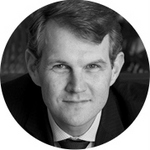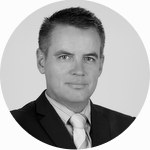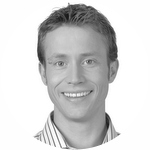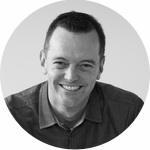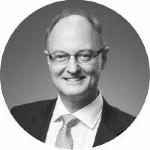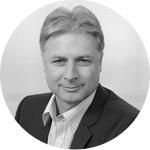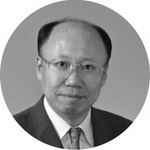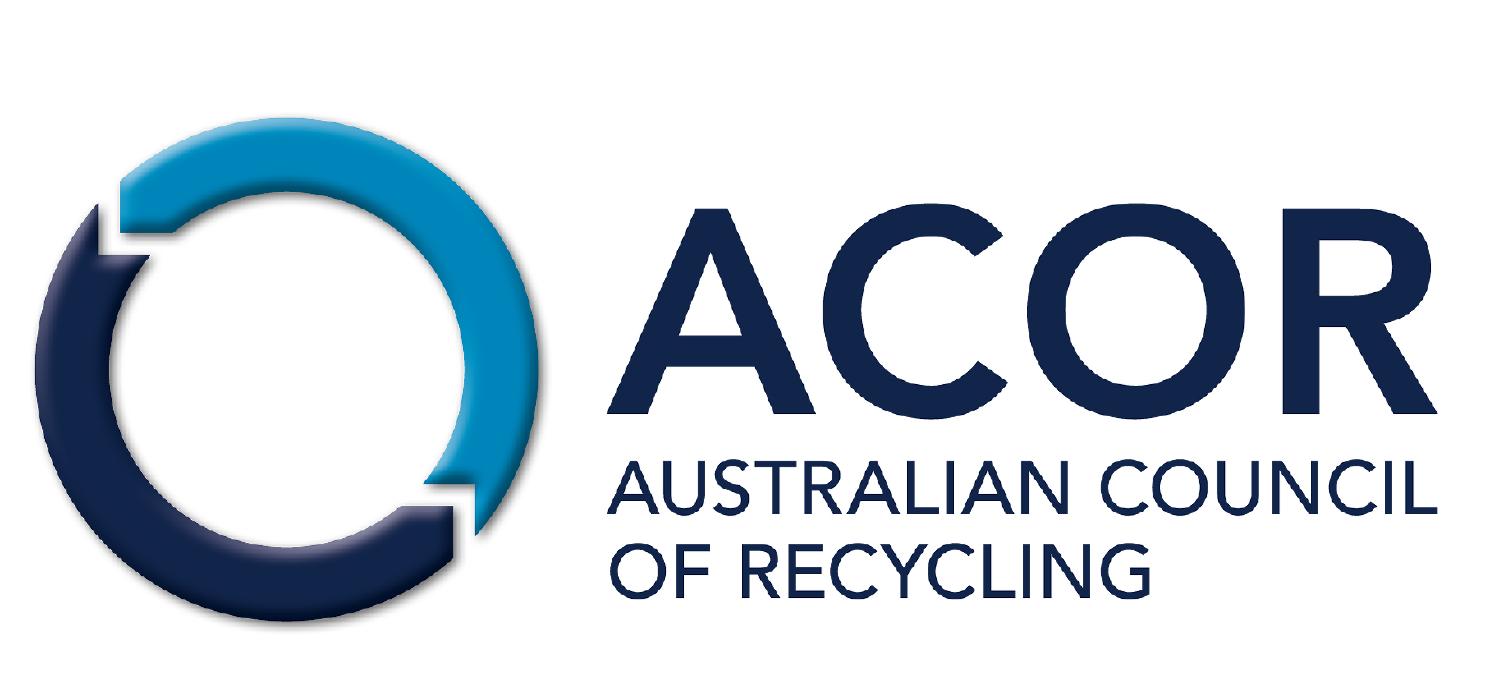| Other Speakers |
| Akbar Rhamdhani Akbar Rhamdhani is with Swinburne University of Technology, where he is currently the Deputy Chair of Dept Mechanical and Product Design Engineering; as well as Leader of the Resource Efficiency Group. He obtained his PhD from McMaster University, Canada in Materials Science and Engineering and was a research academic at University of Queensland before joined Swinburne. His current research focusses on advanced high temperature materials processing, refining and separation of impurities, applied to alternative resources. | |
| Amy Quinton Amy has recently completed degrees in Law and Environmental Management (Sustainable Development) from the University of Queensland. During 2014 she undertook an extended research project, applying systems analysis and transition theory to explore Australia’s potential for a low carbon energy future. Amy now works as a consultant with Ndevr Environmental Pty Ltd, providing advisory and audit services in the sustainability, carbon and energy space. Amy is passionate about finding practical solutions to assist organisations and communities transition towards a sustainable future. | |
| Ben McLellan Ben McLellan has been at Kyoto University`s Graduate School of Energy Science (Japan) since 2010. Prior to that, he was at the University of Queensland (Australia) from his undergraduate through PhD studies in Chemical Engineering, then as a Post-Doc and Research Fellow at the Sustainable Minerals Institute. He is currently an Honorary Senior Research Fellow at the Sustainable Minerals Institute, where he has been working with collaborators on critical minerals, including rare earths. His research themes are broad, covering topics within the nexus of minerals, energy and sustainability. Recently, he has been focused on critical resources for energy systems and deep ocean resources. | |
| Eiji Yamasue Eiji Yamasue has been an Assistant Professor at Kyoto University since 2000. He completed his PhD in 2000 at the Tokyo Institute of Technology. | |
| Eléonore Lèbre Eléonore Lèbre joined the Sustainable Minerals Institute at the University of Queensland in July 2014. Her PhD focuses on integrating Industrial Ecology thinking into metal mining projects in order to optimise resource extraction in the context of sustainable development. This project is part of CSIRO’s Wealth from Waste Cluster, in which the SMI collaborates with the University of Technology Sydney, Swinburne University, Monash University and Yale University. Eléonore holds a Master degree in Industrial Ecology from the Norwegian University of Science and Technology as well as a Master degree in Engineering from the French university Centrale Marseille. | |
| Gerry Gillespie Gerry has been involved in the recovery of organic materials and their reuse in agricultural soils for the past 30 years. He developed the highly successful City to Soil community engagement strategy, a program to collect clean organic waste, returning it as high-quality compost to soils to reconnect the urban community with the farmer as their food producer. An objective of his work is to train locals in the use of this readily accessible technology to enable the most cost-effective use of locally available organic waste in local food production systems. Gerry has worked most recently in Egypt and China. | |
| Glen Corder Glen Corder is a Principal Research Fellow at the Centre for Social Responsibility in Mining at the University of Queensland and has over 25 years’ experience in the resources industries. Since joining CSRM in 2004, his research interests have been in the area of responsible resource use and processing. Glen has been lead researcher of a multi-year project involving several research institutions and industry partners that resulted in the development of SUSOP®, a holistic, systematic and rigorous set of processes for incorporating sustainable development principles into the design and operation of industrial processing plants. | |
| Kazuyo Matsubae Kazuyo Matsubae has been at Graduate School of Engineering, Tohoku University, Japan since 2004. Specializing in analysis of sustainable material cycle, she has been engaged in the IO-based Material Flow Analysis and conducted several case studies of agricultural nutrients including nitrogen and phosphorus, and critical metals including Ni, Cr, Mo and other steel alloying elements. Her current interest is the identification of supply chain risks through resource consumption from a life cycle perspective. | |
| Keisuke Nansai Keisuke Nansai is Head of the International Material Cycles Research Section at the Center for Material Cycles and Waste Management Research of National Institute for Environmental Studies (NIES), Japan. Specializing in analysis of environmental systems, he has developed IOA, LCA, and MFA methods and has conducted several case studies of energy, GHG, and critical metals for Japan. His current interest is the identification of a global supply chain through resource consumption and the investigation of its policy implications. | |
| Kenichi Nakajima Kenichi Nakajima is a Senior Researcher of the Center for Material Cycles and Waste Management Research of National Institute for Environmental Studies (NIES), Japan. Specializing in analysis of environmental systems, he has recently been interested in the identification of metal flows through the global supply chain and the management of material cycle to conduct sound resource logistics. | |
| Longlong Tang Longlong Tang is a Research Associate at the Center for Material Cycles and Waste Management Research of National Institute for Environmental Studies (NIES), Japan. His research fields include estimating land transformation area change and biodiversity loss caused by mining and life cycle assessment. He completed his PhD at Tokyo City University in 2012 and worked as a postdoctoral researcher there until 2014. | |
| Mark Jackson Mark is a nationally recognised waste management specialist with 20 years’ experience in the field. For the past 12 years he has held senior management positions in the NSW EPA, leading some of the largest behaviour change, industry development and infrastructure investment programs in the country’s history. For the past 5 years Mark has led the EPA’s Waste and Recycling Infrastructure and Resource Recovery teams and the development and implementation of the NSW Government’s $250 million waste and recycling infrastructure package. He is now the Project Director for A.Prince Consulting in Sydney. | |
| Mohammad Al Hossaini Shuva Hossaini is a PhD student and has been working in High Temperature Processing group at Swinburne University of Technology since October 2013. The goal of his PhD project is to understand the thermodynamic behaviour of Germanium, Palladium and Tantalum during secondary copper smelting process. Hossaini obtained his undergraduate and postgraduate degrees in Material & Metallurgical Engineering from Bangladesh University of Engineering & Technology (BUET), Dhaka, Bangladesh in the year of 2009 and 2013 respectively. His master’s research was on recycling and recovery of valuable metals from spent Li-ion batteries. | |
| Muhamad Firdaus Muhamad Firdaus is a Ph.D. candidate in mechanical engineering with a specialization/concentration in critical metal recycling at the Swinburne University of Technology. His work focuses on the recovery of rare earth elements from permanent magnets. More specifically, his work examines the behaviour of Nd based permanent magnet in high temperature recycling process. Muhamad graduated from the University of Melbourne with BA in Environmental studies, BE in Chemical Engineering and Master of Environmental Engineering. Before coming to Swinburne, he worked as research assistant on AMSRI dry mineral processing project at PFPC research centre. | |
| Ruth Lane Ruth Lane’s current research focuses on flows of goods and materials through households, cities and around the world, and is specifically concerned with the processes and practices that transform waste materials and used products into new resources. She leads an interdisciplinary research team at Monash University focused on characterising and mapping the potential resource of recyclable metals in Australian cities, identifying social, economic, legal and logistical challenges for collection and proposing realistic measures for addressing these. As a geographer, she is exploring the interface between geographical analysis of commodity chains and networks for recycled materials and methods for material flow analysis used in Industrial Ecology. | |
| Sazzad Ahmad Sazzad Ahmad is a third year PhD student in the High Temperature Processing Group, Swinburne University of Technology, Australia. His PhD topic is on the utilization of low grade/weathered ores, in particular processing of weathered ilmenite. Currently, he is developing a process, in collaboration with CSIRO, to separate chrome spinel impurities from lower grade ilmenite ore through selective sulfidation process. Mr. Ahmad, received his bachelor degree in Materials & Metallurgical Engineering in 2009. | |
| Simon Wright Simon Wright’s research is analysing the role of networks in generating and diffusing innovation across industrial ecology clusters. Of particular interest is how different approaches to industrial ecology may impact the forms of network and type and rate of innovation across the cluster. Simon is a PhD student at the Institute for Sustainable Futures at the University of Technology Sydney working on the 'Wealth from Waste' Cluster. Simon has extensive experience in many aspects of sustainability and has lectured and worked in a range of academic and corporate roles in Europe and Asia Pacific. | |
| Thom Wienbruch Thom is a doctoral researcher working in the field of resource efficient production currently on the example of interlinked filling lines. Future research fields will be the inclusion of cyber-physical systems to increase resource efficiency through new ways of production control and the holistic expansion of the developed approaches alongside the whole product lifecycle. In his doctoral thesis he is devoting himself to the development of production systems and factory planning considering the new dimension of resource efficiency. He is also managing and enhancing the “Learning Factory for Research Efficiency” a seminar with a special didactical approach used to develop conscience for resource efficiency within the industry and train the participants in methods to deploy the potentials of resource efficiency. | |
| Tim Werner Tim Werner is a PhD candidate at Monash University with a background in environmental engineering (sustainable chemical processing) and geographical science. His research focuses on the quantification of specialty metal resources in mineral deposits, mine wastes and urban areas, and the subsequent use of material flow and life-cycle analyses to model and compare the impacts of different metal supply chains. | |
| Xuan Zhu Xuan Zhu has nearly 30 years of international experience in geographical information systems (GIS) and their applications in resource use and planning in China, UK, Ireland, Singapore and Australia. He is a senior lecturer in School of Earth, Atmosphere and Environment, at Monash University. He has a Masters degree from Nanjing University in Cartography and Remote Sensing and a Ph.D. from the University of Edinburgh in GIS. His current interest is spatial data infrastructure and location intelligence for urban mining. | |
| Yasushi Kondo Yasushi Kondo is a professor of econometrics in Faculty of Political Science and Economics at Waseda University in Tokyo, Japan. He is known as a co-founder of the waste input-output analysis with Prof Dr Shinichiro Nakamura, and an expert of mathematical modelling and application of input-output economics in the field of industrial ecology. His current research interest includes hybrid input-output dynamic material flow analysis with simultaneous explicit consideration of various metal species. | |

